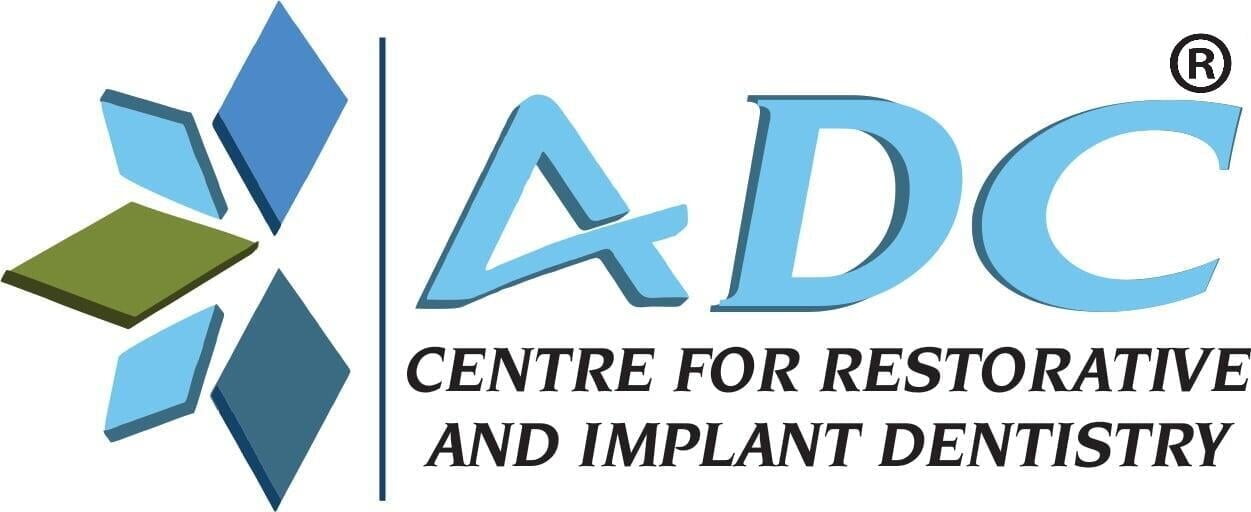Tooth abrasion occurs when your teeth begin to lose enamel due to external mechanical action. In other words, your teeth are physically worn down by an external force. It is critical to understand the exact cause of the damage so that you can take the appropriate steps to repair it.
Tooth abrasion occurs when your teeth begin to lose enamel due to external mechanical action. In other words, your teeth are physically worn down by an external force. It is critical to understand the exact cause of the damage so that you can take the appropriate steps to repair it.
Protecting your smile is a daily challenge, but it is surprisingly easy to harm your teeth unintentionally. Are you too harsh when brushing? Or do you chew on things that aren't meant to be chewed? This may cause your teeth to become more sensitive and may even result in tooth loss! To save your pearly whites, you must first understand the causes and symptoms of tooth abrasion.
What is Tooth Abrasion?
What is Tooth Abrasion?
Tooth abrasion occurs when your teeth begin to lose enamel due to external mechanical action; in other words, your teeth are physically worn down by an external force. This differs from tooth erosion (when acids dissolve the enamel) and tooth attrition (where the upper and lower teeth rub together and damage each other). It is critical to understand the exact cause of the damage so that you can take the appropriate steps to repair it.
Symptoms and Causes of Tooth Abrasions
Symptoms and Causes of Tooth Abrasions
There are several potential causes of tooth abrasion, including:
- Excessive pressure when brushing your teeth
- Using a toothbrush with a hard bristle or abrasive toothpaste
- Biting on your fingernails
- Chewing on pen tips or other difficult objects
- Rubbing your teeth with mouth jewellery
Tooth abrasion takes time, so that you may notice it later. You may notice notches on your teeth near the gum line over time; because the enamel has worn down and made the inner layers of the tooth more visible, these areas may appear darker than normal. Abrasion can also make teeth more sensitive, making it painful to eat hot, cold, sweet, or sour foods.
Why are Tooth Abrasions a problem?
Why are Tooth Abrasions a problem?
Your pearly whites will be more vulnerable to bacteria and plaque if the enamel is missing. They may eventually reach the pulp (the innermost layer of the tooth) and cause a severe infection, necessitating extraction. To prevent this, your dentist may recommend fluoride varnish or porcelain veneers to strengthen and protect the tooth.
How are Tooth Abrasions treated?
How are Tooth Abrasions treated?
It is impossible to repair tooth enamel once it has been lost. This makes dental abrasion more difficult to treat than other dental issues. The first step is to determine the cause and take necessary steps to prevent further damage.
Wearing a night guard, for example, would be recommended if a patient's dental abrasions were caused by teeth clenching. Fillings, veneers, or crowns may be used to protect the tooth from further damage and improve the appearance of your broad smile for severe abrasions that require the services of a dentist.
Food Choices During and After Tooth Abrasion
Food Choices During and After Tooth Abrasion
You should only eat something for 12 hours before the surgery. This can aid in the prevention of nausea during and after the procedure. If you have a local anaesthetic, you may not need to fast as long, so consult your physician before the procedure. Inform your dentist about a condition that prevents you from fasting, such as diabetes.
It is also important to remember that you cannot smoke for 12 hours before and 24 hours after the surgery. This is an excellent time to give up smoking for good. Smoking after the procedure will slow the healing process and increase your risk of a "dry socket," a serious condition that necessitates immediate medical attention.
After the tooth extraction procedure, your dentist will advise you to eat soft foods, so you do not have to chew or bite anything hard. Yogurt, protein drinks, and smoothies are all excellent choices.
You may find it difficult to feel your tongue and cheeks until the anesthesia wears off. You should avoid drinking through straws, rinsing your mouth, and spitting forcibly. This could result in a dry socket.
Instructions to Follow During and After Tooth Abrasion
Instructions to Follow During and After Tooth Abrasion
Brush your teeth in a vertical or circular motion, avoiding horizontal motion entirely. This will lessen the impact on the cervical area of the teeth and result in the slow remineralization of the lost dentin surface.
- Replace your toothbrush every three months because the bristles stiffen over time due to daily wear and tear and numerous chemicals acting on it while brushing.
- Make brushing your teeth at night a requirement, and use mouthwash in the morning to combat bad breath.
- It would be best if you rested for one to two days after the procedure. When lying down, keep your head propped up on a pillow. You should avoid brushing the extraction site and take pain relievers as prescribed by your dentist.
Expect some swelling, but contact your doctor right away if you notice any of the following symptoms:
- 1. Chest pain or shortness of breath
- 2. Extensive bleeding or swelling
- 3. High fever or chills
- 4. Vomiting or nausea
These are all symptoms of possible infection that must be addressed right away.
How can Tooth Abrasions be Prevented?
How can Tooth Abrasions be Prevented?
Enamel cannot repair itself once it has been damaged. The best way to save your tooth is to prevent abrasion in the first place. Brush gently; use a nonabrasive toothpaste (preferably fluoride-containing) and a soft-bristled toothbrush, and use short back-and-forth strokes while holding the brush at a 45-degree angle. Please note any bad habits you may have, such as nail biting, and try to break them as soon as possible. Finally, remember to visit your dentist for regular checkups.
Remember: tooth abrasion occurs gradually, but the long-term effects on oral health can be disastrous. Keep your teeth and enamel in good condition!
Conclusion
Consult with your doctor if you suspect you have a tooth abrasion. Regular checkups are critical for detecting tooth abrasion early on. We will assist you in developing the best strategy to prevent tooth abrasion and maintain the appearance and health of your pearly whites.














